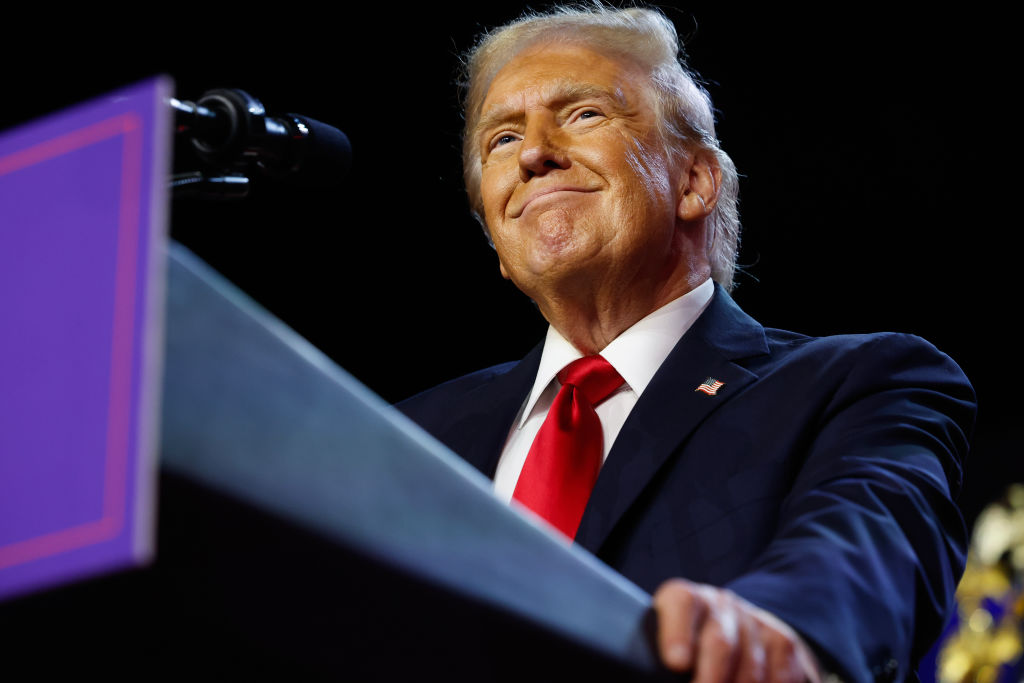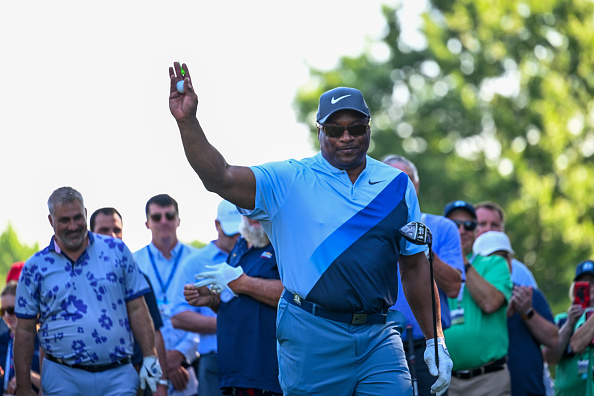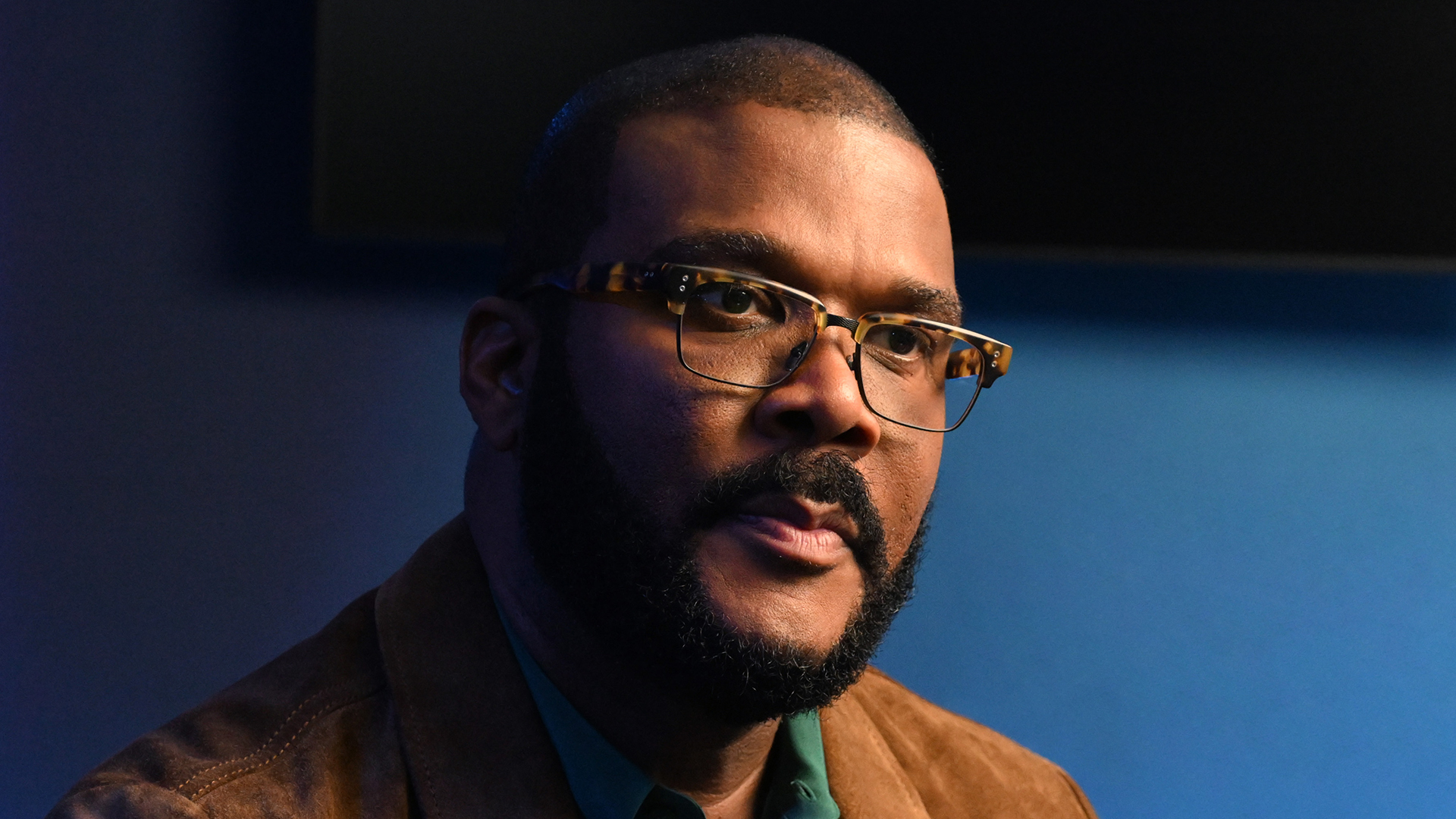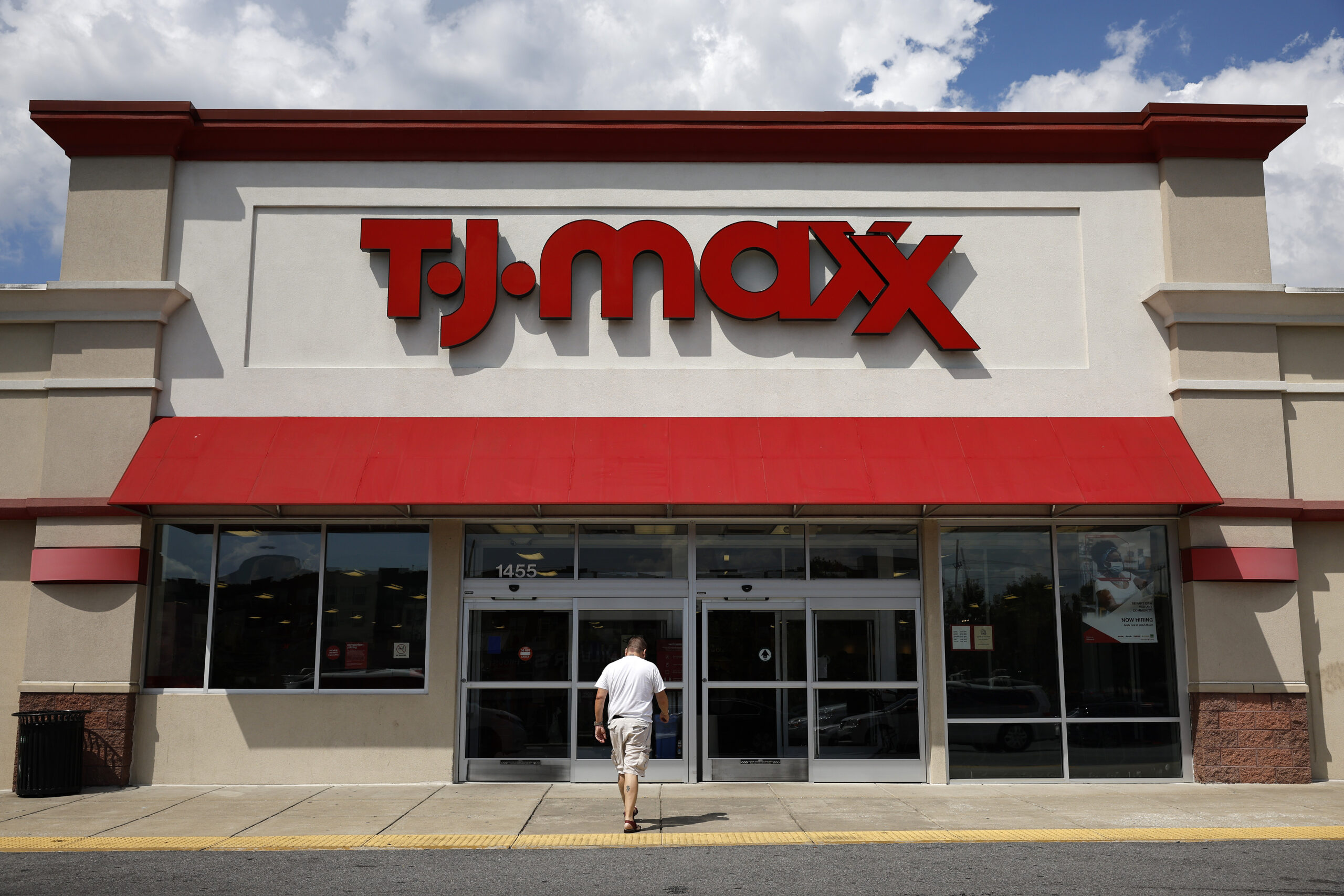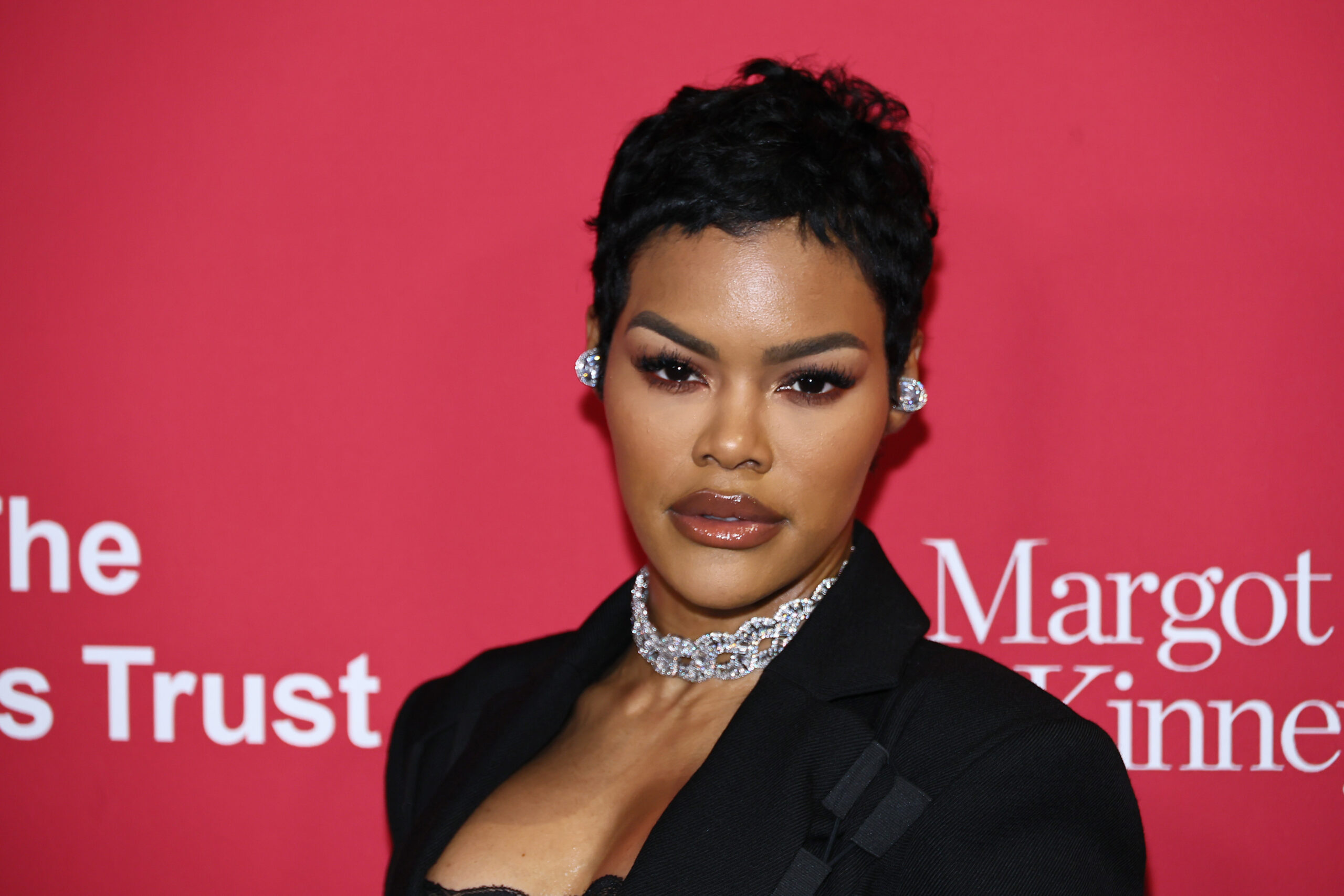The latest jobs report from the United States Department of Labor suggests that there’s a glimmer of hope. But that hope doesn’t really exist for Black workers, who — shockingly, but not surprisingly — are being left out in the cold when it comes to economic recovery.
The report outlines that nearly one million people obtained a non-farm payroll job in March of 2021, and that the national unemployment rate has dropped to 6 percent.
“These improvements in the labor market reflect the continued resumption of economic activity that had been curtailed due to the coronavirus (COVID-19) pandemic. Job growth was widespread in March, led by gains in leisure and
hospitality, public and private education, and construction,” read the report.
However, according to the Bureau of Labor Statistics, Black workers are not reaping the rewards of this new ray of light. In fact, Black unemployment still remains at 9.6 percent nationwide.
While this is a marginal improvement over February 2021’s 9.9 percent nationwide unemployment statistic, it doesn’t bode well for the future of Black employment. This is especially true when one considers that in March 2020 — shortly before the pandemic caused a nationwide lockdown — Black unemployment was only at 6.8 percent. This suggests that Black unemployment is only increasing, not decreasing, over time — and as the American economy continues to recover, Black workers are being left out in the cold.
Janelle Jones, one of President Biden’s advisors, recently wrote a blog post addressing this economic disparity.
“Losses in local and state government and leisure and hospitality have disproportionate impacts on Black women’s employment,” she said. “Black women are nearly one in four public sector workers. Half a million Black women have left the labor market since January 2020.”
But William Spriggs, chief economist at the American Federation of Labor and Congress of Industrial Organizations, was unafraid to let Bloomberg News know what was really going on around here.
“If even the best-educated Black person doesn’t do as well in the economy, then that must be discrimination,” he said.



